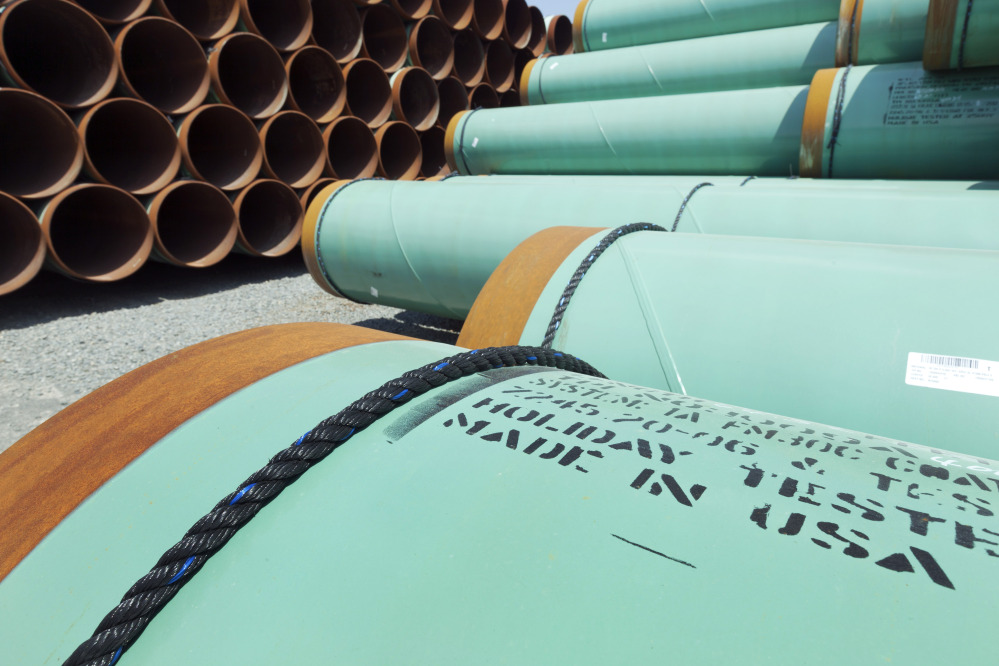WASHINGTON — The Senate voted Wednesday not to override President Obama’s veto of a bill to construct the Keystone XL pipeline, the first of many confrontations between the Republican-controlled Congress and the White House this year over energy policy.
The 62-37 vote is expected to be one of many veto showdowns between Republicans and Obama in his final term. Already, the White House has issued more than a dozen veto threats on legislation.
Maine’s senators split their votes, with Republican Sen. Susan Collins voting in favor of overriding the veto, and independent Sen. Angus King voting to uphold it.
Proponents of the Keystone bill have said since its introduction that they didn’t have the two-thirds of the Senate vote needed to override Obama’s veto. They fell four votes short. They’ve already been discussing other way to force the pipeline’s approval, either by attaching it onto must-pass spending bills or other, broader, energy legislation.
“If we don’t win the battle today, we will win the war because we will find another bill to attach this pipeline to,” said Sen. John Hoeven, R-N.D., the chief sponsor of the bill, before the vote.
Majority Leader Mitch McConnell pleaded with Democrats for more support of a bill that he said advanced the president’s own priorities.
“If you’re interested in jobs and infrastructure and saving your party from an extreme mistake, then join us,” he said. “Vote with us to override a partisan veto and help the president pursue priorities he’s advocated in the past.”
Obama has repeatedly resisted Congress’ attempts to force his hand. His veto of the bill, the third of his presidency, said that the bill circumvented longstanding and proven processes for determining whether cross-border pipelines serve the national interest and cuts short consideration of its effects.
The $8 billion project would transport oil extracted from Canada’s tar sands to pipelines linked to Gulf Coast refineries.
Environmentalists have framed the pipeline as a test of Obama’s commitment to address climate change, arguing that it would open up a path for tar sands oil to get to market. Republicans have pushed the pipeline as a job-creating infrastructure project that will supply the U.S. with oil from a friendly neighbor, rather than unstable regimes.
The State Department’s analysis found that the oil would be harvested regardless of whether the pipeline is built, a conclusion that the EPA said needed to be re-examined given low oil prices. The same review said the pipeline would create thousands of jobs during construction, but ultimately it would require 35 permanent employees.
Send questions/comments to the editors.



Success. Please wait for the page to reload. If the page does not reload within 5 seconds, please refresh the page.
Enter your email and password to access comments.
Hi, to comment on stories you must . This profile is in addition to your subscription and website login.
Already have a commenting profile? .
Invalid username/password.
Please check your email to confirm and complete your registration.
Only subscribers are eligible to post comments. Please subscribe or login first for digital access. Here’s why.
Use the form below to reset your password. When you've submitted your account email, we will send an email with a reset code.